Is Europe about to resume crude imports from Iran?
The National Iranian Oil Company (NIOC) will alter the benchmark against which it prices its crude for Europe and the Mediterranean, a move that could signal Iran’s desire to resume oil exports to Europe, a report says.
According to NIOC’s January pricing formulas, cited by UK-based price-reporting agency Argus, the Iranian company will begin using the ICE Brent settlement instead of the ICE Bwave benchmark for pricing crude it would sell to European and Mediterranean markets from January 1, 2022.
The change in the benchmark for European crude sales, according to traders who talked to Argus, could indicate that Iran plans to begin shipments if the ongoing talks in Vienna on the removal of US sanctions bear fruit.
European refiners currently refrain from buying Iranian crude oil in fear of US sanctions imposed by former president Donald Trump who abandoned an international nuclear agreement with the Islamic Republic in 2018.
At the time, the Europeans boasted that they would work out a mechanism to bypass the sanctions and protect any entity opting to continue business with Iran, but the channel they produced turned out to be a dud.
Nevertheless, Iran continued to sell oil despite Trump's pledge to reduce the country's oil exports to zero. While Trump is gone, Trumpism persists to an extent despite the current US administration's attestations to the contrary.
Last month, President Joe Biden said in a memo to the US State Department that there were sufficient supplies of petroleum so other countries could reduce what they bought from Iran.
Biden’s statement came in advance of a virtual meeting with China’s President Xi Jinping, whose country is the largest purchaser of Iranian oil despite the US sanctions.
Before occupying the White House, Biden had repeatedly renounced his predecessor’s policies with regard to Iran. After taking office, however, he has signaled keeping the key elements of the sanctions regime intact as a pressure tool against the Islamic Republic.
Recently, the United States has resorted to stealing Iranian oil cargoes. Iran’s Islamic Revolution Guards Corps (IRGC) said last month that it had prevented a piracy attempt on an Iranian oil cargo traveling in the sea of Oman.
Under the secondary US sanctions, Iran's oil industry, banking, shipping, insurance services and energy sectors are off limits for transactions.
While failing to cripple Iran's oil industry, the sanctions regime has cut exports and disrupted investment in the sector, but they have also spurred Iran into finding innovative ways to bypass the illegal sanctions.
In September, Minister of Petroleum Javad Owji said that the "tyrannical" US sanctions had deprived Iran of 1.8 billion barrels of oil exports and more than $100 billion of revenues between 2018 and 2021.
They have halved the country's export capacity and resulted in many lost opportunities, besides weakening Iran's position in the market, he told the parliament where he outlined his plans for marketing and sales of oil, gas, condensate and petroleum products in April.
He then promised that "good things will happen in the field of selling Iranian oil in the coming months".
On Sunday, President Ebrahim Raeisi presented an upbeat state budget that aims for crude oil sales of 1.2 million barrels per day (bpd) despite the US sanctions.
Iran’s top budget official has said the fiscal plan for the next Iranian year which starts on March 21 was drawn up on the assumption that the US sanctions would continue.
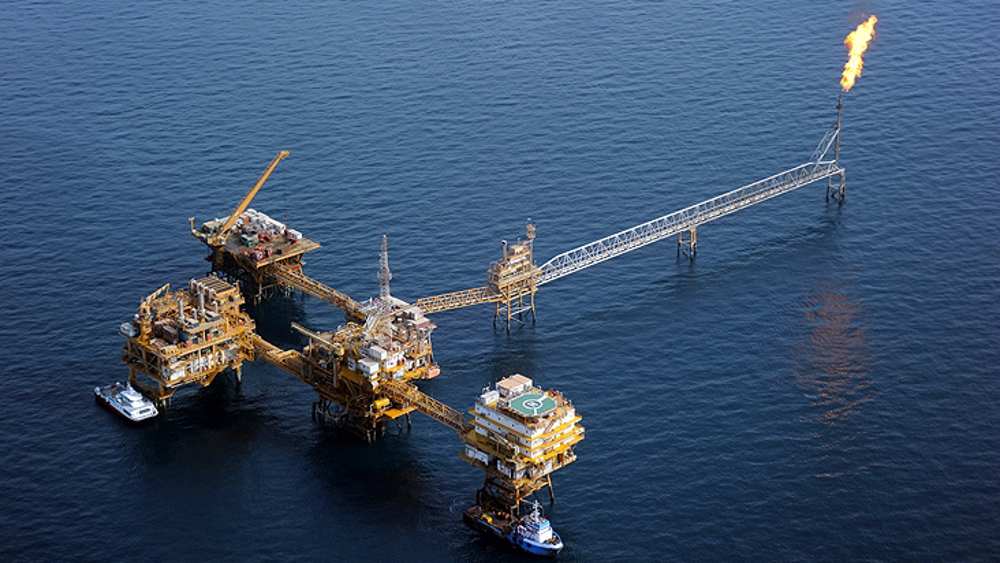
Key well launched at Phase 11 of Iran’s South Pars gas field
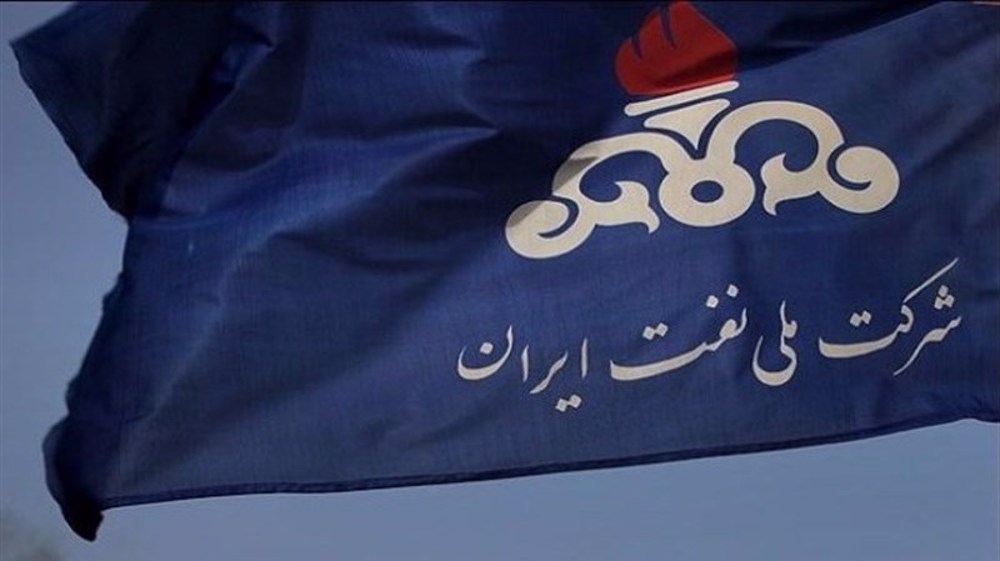
Iran can rely on its hydrocarbon resources for 100 years: NIOC
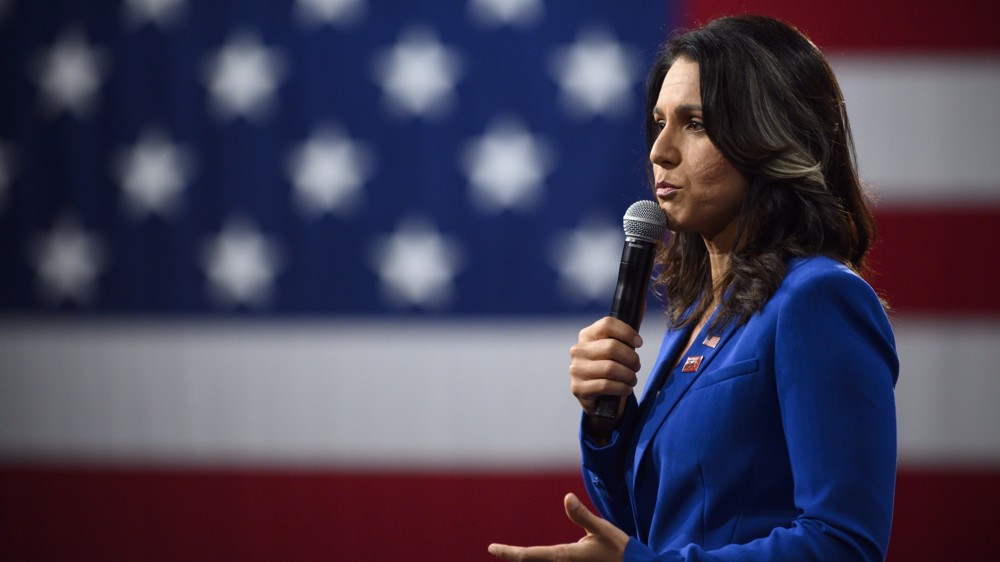
US intel report: Iran ‘not building nuclear weapon’
Israeli forces kill second Doctors Without Borders worker in two weeks
VIDEO | Protesters rallying against Italy's new security bill clash with police
VIDEO | Opposition to Trump’s claim that US is ‘at war’ with illegal immigrants
Britain urges Israel to respect Syria’s borders, prioritize diplomacy
Israel assaults trigger biggest West Bank displacement since 1967: UNRWA
‘No land for children’: UN says Israel kills or wounds 100 children in Gaza each day
VIDEO | British Medical Association cancels pro-Palestinian doctor’s speech
Trump admin. to freeze Brown grants, impose Harvard restrictions over pro-Palestinian protests


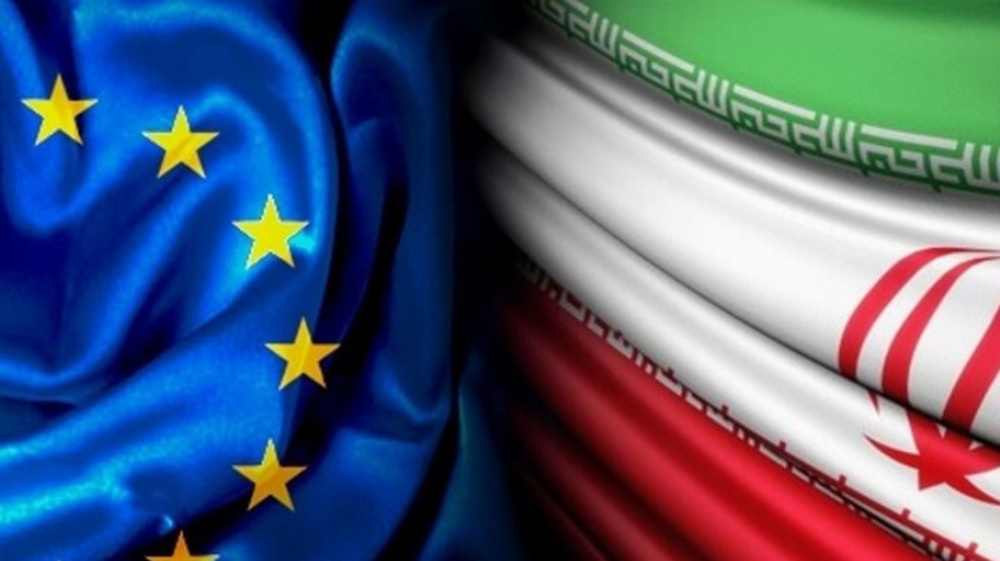
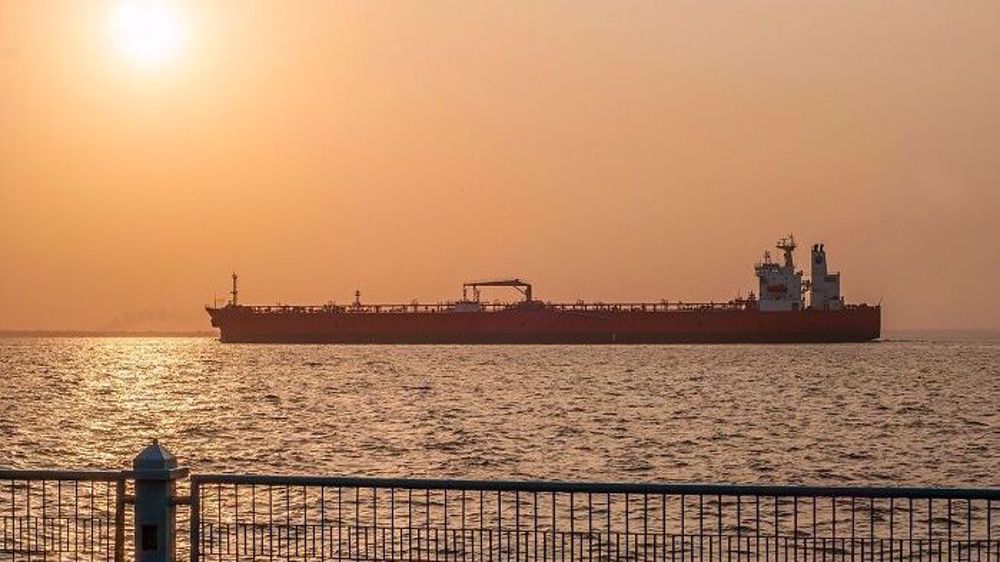




 This makes it easy to access the Press TV website
This makes it easy to access the Press TV website